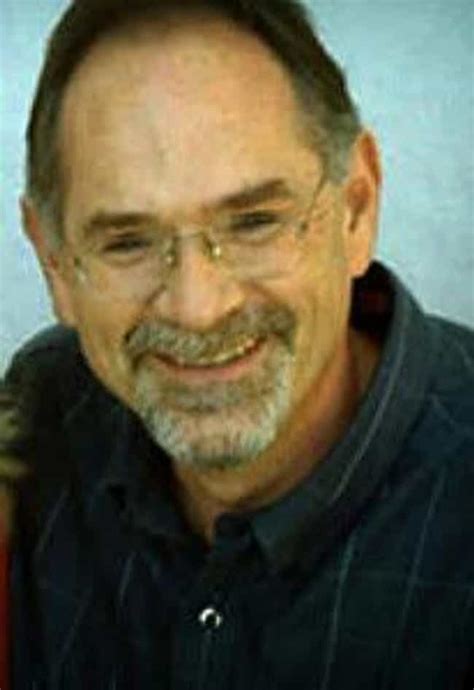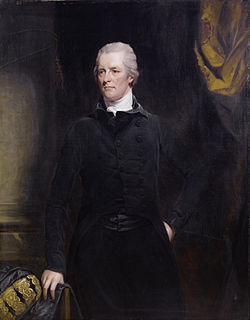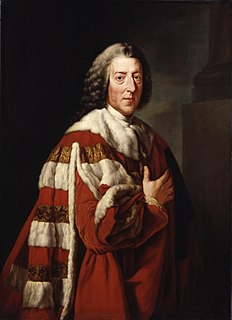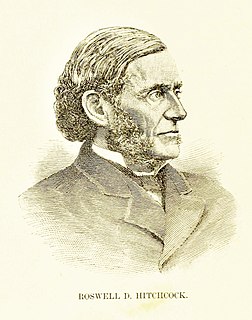A Quote by Stephen R. Lawhead
I tell you the truth, a man may not make himself king; only the blessing of him who holds the kingship can elevate a man to that high place. For sovereignty is a sacred trust that may not be bartered or sold; still less may it be stolen or taken by force.
Related Quotes
So long as men desire to live together, no man may initiate the use of physical force against others. . . . When a man attempts to deal with me by force, I answer him by force. It is only as retaliation that force may be used and only against the man who starts its use. No, I do not share his evil or sink to his concept of morality: I merely grant him his choice, destruction, the only destruction he had the right to choose: his own.
The fear that things may change tomorrow... Somebody may die, you may go bankrupt, your job may be taken away. There are a thousand and one things which may change. You are burdened with fears and fears, and none of them are valid - because yesterday also you were full of all these fears, unnecessarily. Things may have changed, but you are still alive. And man has an immense capacity to adjust himself in any situation.
No man can promise himself even fifty years of life, but any man may, if he please, live in the proportion of fifty years in forty-let him rise early, that he may have the day before him, and let him make the most of the day, by determining to expend it on two sorts of acquaintance only-those by whom something may be got, and those from whom something maybe learned.
Obviously, a man's judgement cannot be better than the information on which he has based it. Give him the truth and he may still go wrong when he has the chance to be right, but give him no news or present him only with distorted and incomplete data, with ignorant, sloppy or biased reporting, with propaganda and deliberate falsehoods, and you destroy his whole reasoning processes, and make him something less than a man.
Money alone is only a mean; it presupposes a man to use it. The rich man can go where he pleases, but perhaps please himself nowhere. He can buy a library or visit the whole world, but perhaps has neither patience to read nor intelligence to see.... The purse may be full and the heart empty. He may have gained the world and lost himself; and with all his wealth around him ... he may live as blank a life as any tattered ditcher.
In everything that can be called art there is a quality of redemption. It may be pure tragedy, if it is high tragedy, and it may be pity and irony, and it may be the raucous laughter of the strong man. But down these mean streets a man must go who is not himself mean, who is neither tarnished nor afraid.
Never do I argue with a man with a desire to hear him say what is wrong, or to expose him and win victory over him. Whenever I face an opponent in debate I silently pray - O Lord, help him so that truth may flow from his heart and on his tongue, and so that if truth is on my side, he may follow me; and if truth be on his side, I may follow him.




































